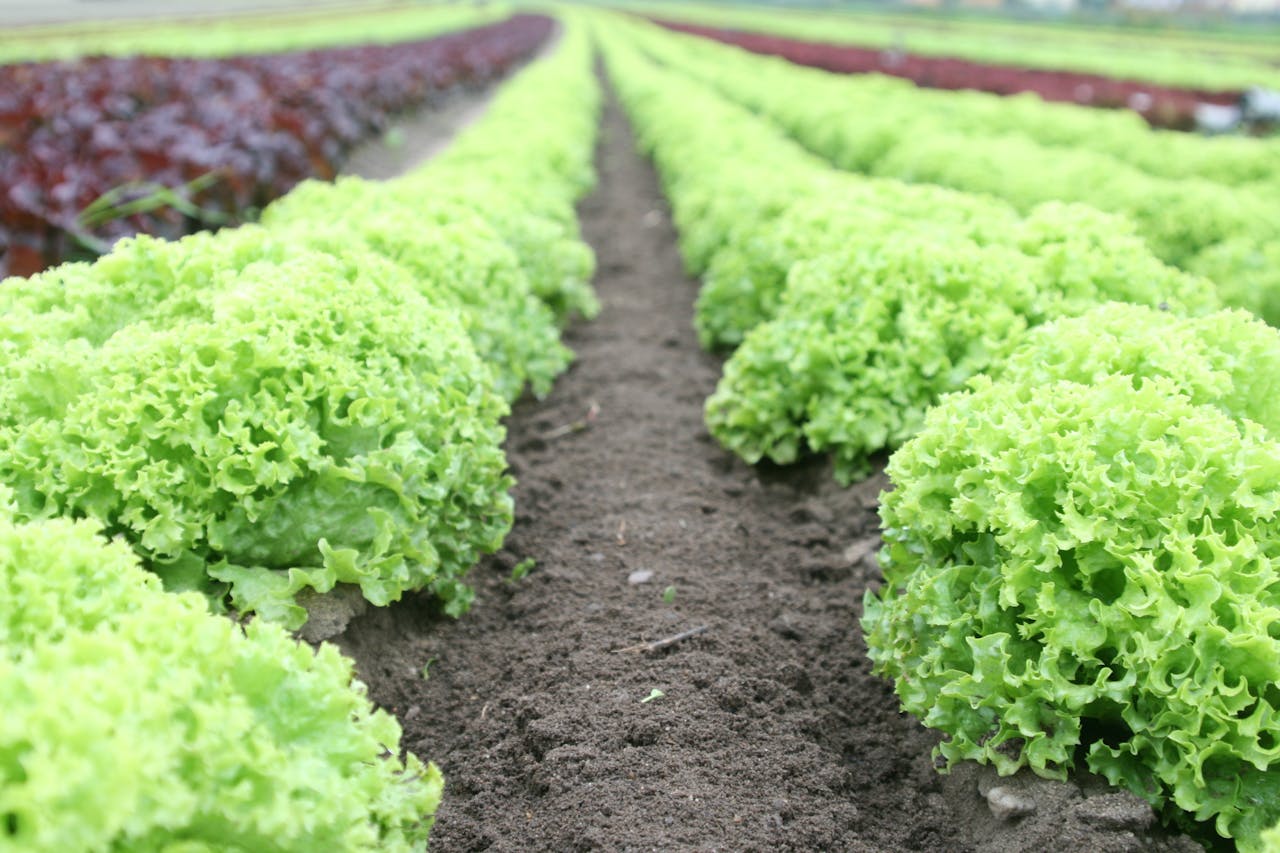Food recalls are more common than most shoppers realize and can significantly impact our health and safety. Imagine picking up your favorite snack or a trusted brand of salad mix, only to find out later that it was pulled from shelves because people got sick. It’s a scary thought, but it happens more often than you might think. Staying informed about food recalls is crucial for anyone who wants to keep their family safe and avoid unnecessary health risks. In this article, we’ll look at seven real-life examples of products that were pulled from shelves after customers got sick, and we’ll share practical advice to help you shop smarter and safer. Let’s dive in and see what lessons we can learn from these food recalls.

Image Source: pexels.com
1. Romaine Lettuce
Romaine lettuce has been at the center of several high-profile food recalls in recent years. In 2018, a major E. coli outbreak linked to romaine lettuce sickened over 200 people across the United States, leading to multiple hospitalizations and even some deaths. The Centers for Disease Control and Prevention (CDC) advised everyone to avoid romaine lettuce entirely until the source was identified and removed from stores. This incident highlighted the importance of paying attention to food recalls and being cautious with fresh produce. If you ever hear about a recall involving leafy greens, it’s best to toss them out and wait for the all-clear.
2. Peanut Butter
Peanut butter is a staple in many households, but it’s also been the subject of serious food recalls. In 2009, a massive recall of peanut butter products occurred after a Salmonella outbreak traced back to a single processing plant. The outbreak caused hundreds of illnesses and several deaths, leading to one of the largest food recalls in U.S. history. The lesson here is to always check your pantry when you hear about a recall, especially for products that are widely used and stored for long periods.
3. Frozen Berries
Frozen berries are a convenient and healthy option for smoothies and desserts, but they’ve also been linked to food recalls due to Hepatitis A and Norovirus contamination. In 2016, several brands of frozen berries were pulled from shelves after customers got sick. These viruses can survive freezing and cause serious illness, especially in children and older adults. Always wash your hands after handling frozen fruit, and consider cooking berries before eating them if you’re concerned about food recalls. Keeping an eye on news about frozen fruit recalls can help you avoid unnecessary risks.
4. Bagged Salads
Bagged salads are a go-to for quick and easy meals but are also a frequent target of food recalls. In 2020, a Cyclospora outbreak linked to bagged salad mixes sickened hundreds of people across multiple states. The culprit was a parasite that can cause severe gastrointestinal symptoms. To reduce your risk, always check the expiration date on bagged salads, and wash the greens even if the packaging says “pre-washed.” If you hear about a recall, don’t take chances—throw out the product immediately and clean any surfaces it touched.

Image Source: pexels.com
5. Deli Meats
Deli meats like ham, turkey, and roast beef are popular for sandwiches but can also harbor dangerous bacteria like Listeria. In 2021, a Listeria outbreak led to a recall of several brands of deli meats after customers got sick. Listeria is especially dangerous for pregnant women, older adults, and people with weakened immune systems. To stay safe, always store deli meats in the refrigerator, use them within a few days of opening, and pay attention to food recalls involving ready-to-eat meats.
6. Ice Cream
Ice cream might seem like an unlikely candidate for food recalls, but it’s happened more than once. In 2015, a major ice cream brand recalled all of its products after a Listeria outbreak was traced back to its factories. Several people became seriously ill, and the company had to shut down production to clean and update its facilities. This incident shows that even frozen treats aren’t immune to contamination. Always check for food recalls before buying your favorite ice cream, and don’t ignore news about outbreaks.
7. Canned Vegetables
Canned vegetables are a pantry staple, but they’ve also been recalled due to botulism risks. In 2019, a recall was issued for several brands of canned vegetables after it was discovered that they might not have been processed correctly, increasing the risk of botulism, a rare but potentially fatal illness. Don’t take any chances if you notice bulging cans or off smells. Discard the product and check for food recalls online to see if your brand is affected.
Staying Safe in a World of Food Recalls
Food recalls are a fact of life, but you don’t have to live in fear. You can protect yourself and your loved ones from unnecessary risks by staying informed, checking recall lists regularly, and following safe food handling practices. Remember, food recalls happen to even the most trusted brands, so it’s always smart to double-check before you eat. For the latest updates, bookmark the FDA’s recall page and make it a habit to scan the headlines before your next grocery run. Your health and peace of mind are worth it.
Have you ever had to throw out a product because of a food recall? Share your story or tips in the comments below!
Read More
10 Grocery Products Linked to Health Outbreaks
Food Recalls from 2025 You Shouldn’t Ignore Even If You Didn’t Hear About Them

